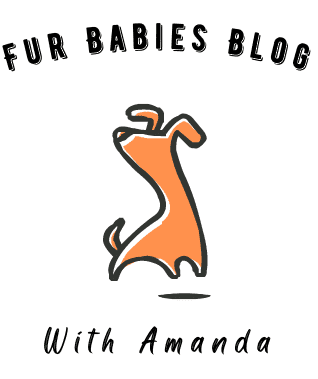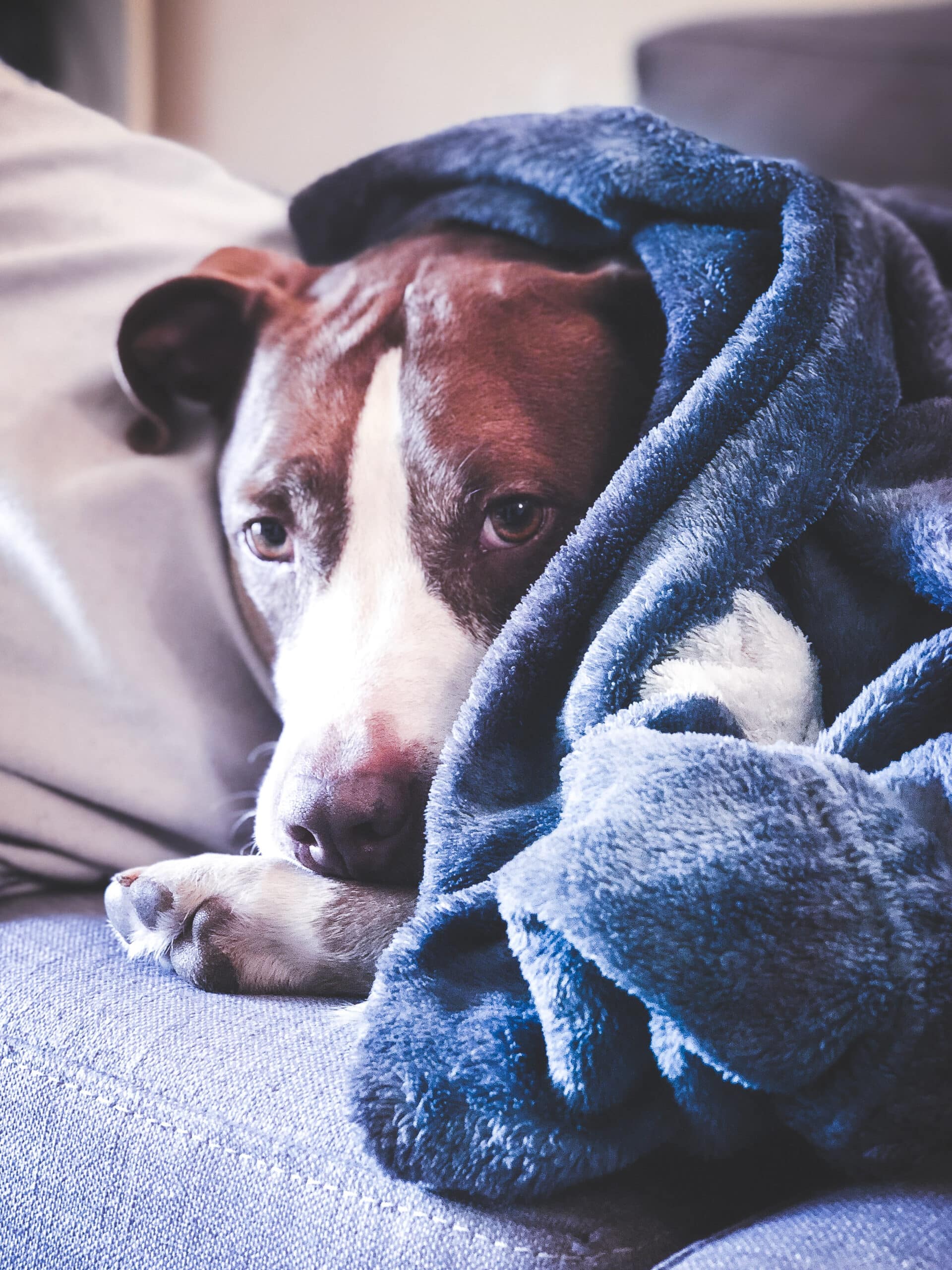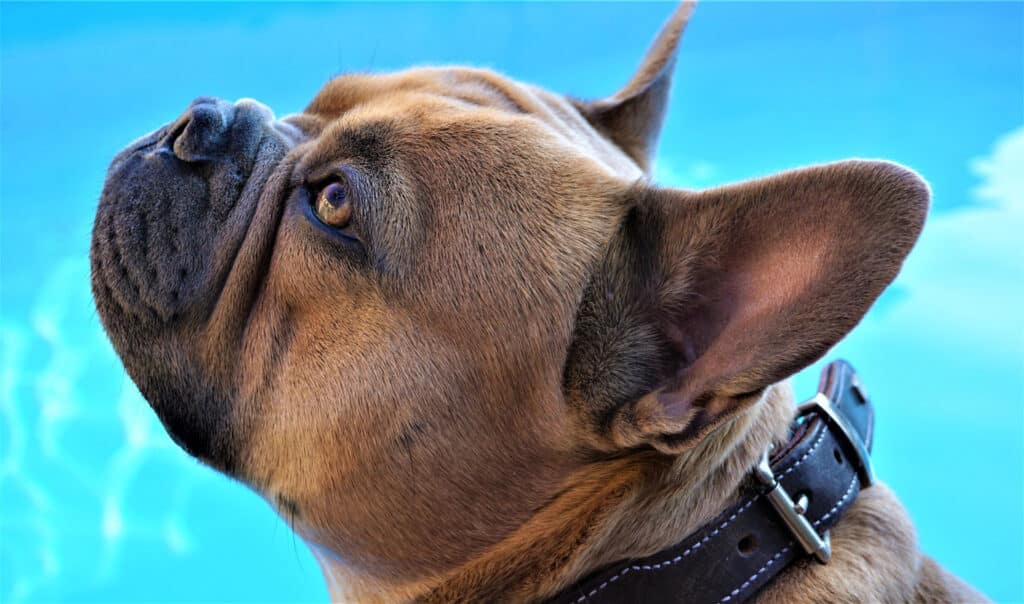Diarrhea In Dogs at Night
Table of Contents
Diarrhea in dogs at night is a common occurrence that can be incredibly disruptive to both the dog and its owner. While there are many potential causes of canine diarrhea, it is important for pet owners to understand what they are dealing with and how to best manage it.
This article provides an overview of some of the most frequent symptoms associated with night time diarrhea in dogs as well as tips on how to prevent or reduce them.
It is no secret that diarrhea episodes in our furry friends can be extremely upsetting and uncomfortable for all involved; however, understanding why these episodes occur can help us better anticipate and address them. In this article, we will explore some of the most common triggers behind night time doggie diarrhea and discuss ways that you can minimize their frequency or severity.
Definition
A dog’s night time diarrhea can be an alarming sight for any pet owner. When a fit and healthy pup suddenly becomes ill it can be cause for concern, especially if the problem persists. Night time diarrhea in dogs is often caused by something more serious than just a bland diet or a bad meal or too much excitement, so it's important to know what could be causing your pooch distress.
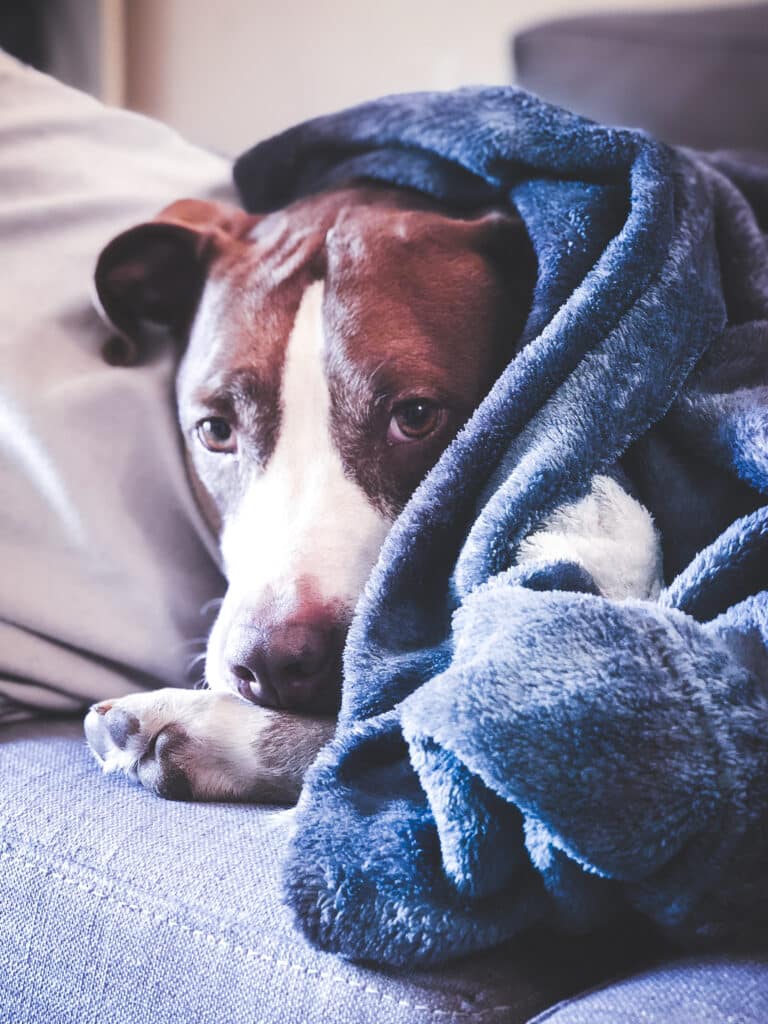
When we look at different causes for nightly diarrhea in our pets we have to consider many factors like food allergies, intestinal parasites, bacterial infections and even hormonal imbalances. It is not uncommon for multiple issues to overlap when considering why your furry friend has been stricken with bouts of sudden illness.
The most common culprit however appears to be dietary indiscretion – eating things they shouldn't! This kind of behavior can result in gastroenteritis which may lead to bloody stools as well as frequent trips outside during the night. Dog owners should also consider other conditions such as pancreatic insufficiency or liver disease that could possibly lead to chronic cases of watery stools overnight.
Causes Of Night time Diarrhea in Dogs
In order to determine the most common causes of night time diarrhea in dogs, it is a good idea to consider any sudden change that may have occurred. This can include a new food or dietary indiscretion as well as possible infections and illnesses.
While some bouts of diarrhea may be due to an allergic reaction or something they ate, chronic cases could indicate more serious underlying issues such as pancreatic insufficiency or liver disease.
It is also worth noting that frequent episodes of overnight diarrhea might be linked to poor diet choices and even underlying immune system deficiencies which should be addressed if this appears to be a persistent problem for your pet.
Dietary changes are sometimes necessary when dealing with chronic conditions in order to protect your pup from further harm so always seek advice from your veterinarian before making any major adjustments to their daily meals.
Diagnosing The Problem
If you suspect your pet may be experiencing night time diarrhea, it is important to gather as much information as possible before seeking veterinary care.
This includes noting any recent changes in the dog’s diet or environment that could have triggered a reaction, tracking the frequency and duration of episodes, and recording the colour and consistency of their stool if applicable. Additionally, look for signs such as weight loss that can indicate more serious underlying issues.
By determining when symptoms began, what they coincide with, and any other related factors such as accompanying vomiting or abdominal pain – pet owners can help veterinarians better pinpoint potential causes quickly and accurately.
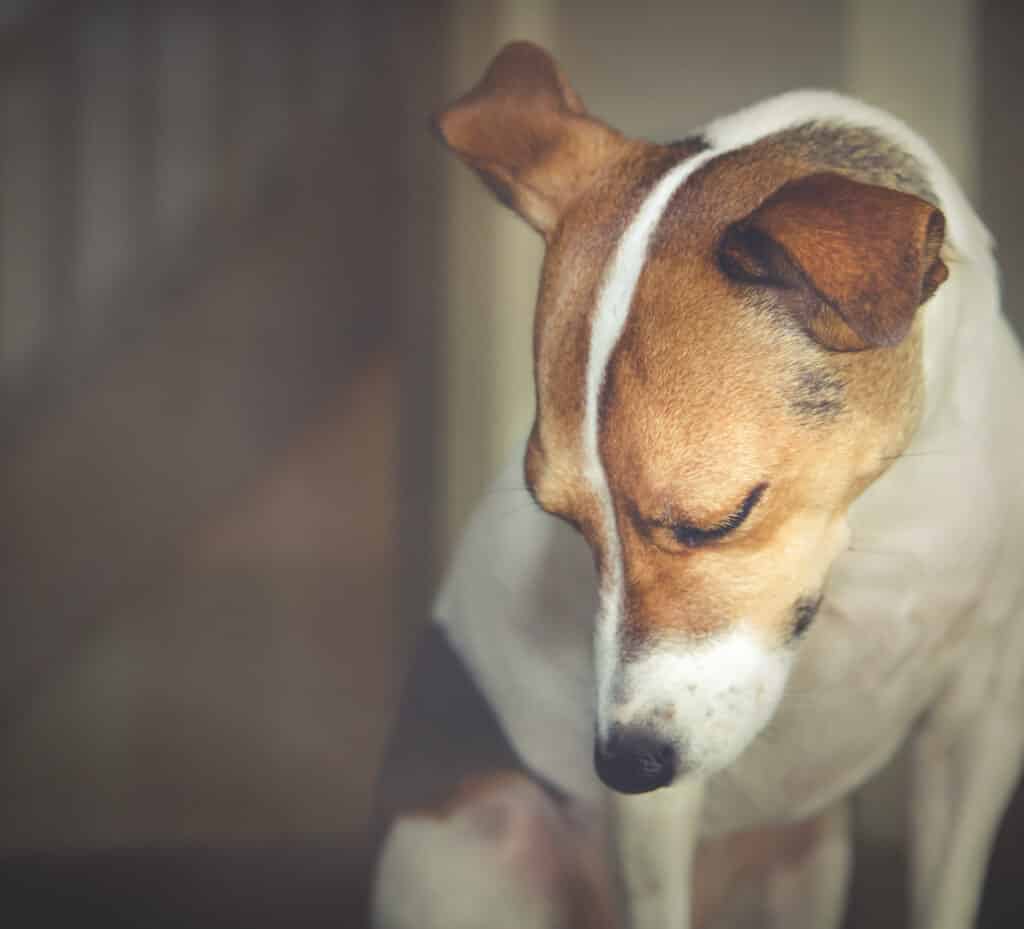
Diagnostic tests such as faecal exams may also be conducted to check for parasites while imaging scans like X-rays or ultrasounds can examine the small intestines for obstructions or inflammation that might otherwise go unnoticed without further investigation.
By combining all this data together, veterinarians are able to identify conditions affecting a dog’s health from dietary indiscretions to infections which will then require specific treatments accordingly.
Dietary Adjustments
When it comes to dealing with night time diarrhea, dietary adjustments may be necessary. Depending on the cause behind a dog’s upset stomach, certain foods can exacerbate symptoms and should be avoided if possible.
For older dogs in particular, switching from highly processed commercial dog foods to more natural options such as cottage cheese or plain cooked meats like chicken can help reduce inflammation while providing essential nutrients.
Additionally, bland food or diets made up of white rice and boiled meat are often recommended for short-term relief since they are easy to digest and gentle on an already sensitive digestive system.
If food intolerance is suspected however, then owners will need to identify which ingredients their pet reacts badly too before excluding them from the diet completely. To do this effectively, small portions of each ingredient should be given separately over several days until the source of discomfort has been pinpointed.
Natural yogurt is also useful for replenishing beneficial bacteria that might have been lost through frequent bouts of dog diarrhea whilst probiotics can boost healthy microbial populations even further. By making these simple changes ahead of time, pet owners can take proactive steps towards improving their canine companion’s gut health and reducing episodes of night time diarrhea significantly.
Bacterial Infections
Have you ever thought about what might be causing your dog's night time diarrhea? While dietary adjustments can help to alleviate symptoms, it is also possible that a bacterial or viral infection could be the most common causes of diarrhea.
Bacterial infections are one of the most common causes of canine diarrhea and can range from mild cases to more serious ones requiring veterinary attention. Foreign objects such as sticks, stones and other items ingested during playtime may also lead to gastrointestinal issues in some dogs, so pet parents should inspect their dog’s stool for any signs of unusual material.

Viral infections like parvo or distemper may cause severe bouts of vomiting and diarrhea if left untreated, whilst chronic conditions like liver disease can make pets far more prone to stomach upsets due to weakened immune systems.
Even changes in puppy food can trigger episodes of diarrhea since young pups tend to lack fully developed digestive systems which makes them even more sensitive to certain ingredients than adult animals.
Therefore, owners must always ensure they are providing their four-legged friends with the best nutrition available while keeping an eye out for any potential health problems along the way. By doing this, they will have taken another step towards preventing future episodes of night time diarrhea too!
Parasites In Dogs
In addition to bacterial and viral infections, parasites may also be a factor in canine diarrhea. While some parasitic infestations are easily treated with over-the-counter medications, others require veterinary attention.
To determine whether or not your pup has been infected by any type of parasite, your veterinarian will need to inspect a stool sample. In the case of an infection caused by ingestion of a foreign object, surgical intervention may be necessary in order to remove it from the dog’s digestive system. If you find yourself facing such a situation, take your furry friend to the nearest emergency animal hospital as soon as possible.
When dealing with puppy diarrhoea at night, pet parents must ensure their pup is receiving plenty of fresh water and that they are providing them with food specifically designed for puppies. Always check labels closely for ingredients which could potentially irritate the pup’s digestive system; if there is anything unfamiliar or unappetizing listed on the label then consider switching brands straight away rather than risking further health complications down the line.
Common symptoms associated with a stomach upset include vomiting, fatigue, lethargy and loss of appetite so keeping an eye out for these can help owners nip potential problems in bud before they become serious issues requiring veterinary attention.
Medication Side Effects
When it comes to diarrhea in dogs at night, one of the most common reasons is medication side effects. As canine companions age, they tend to take more counter medications that can potentially cause mild intestinal distress such as vomiting and/or diarrhea.
Loss of appetite can also be a symptom of this type of digestive tract upset and should not be ignored. If left untreated, these symptoms could lead to a painful blockage which requires emergency medical attention.
In order to prevent any further complications caused by medication-related digestive issues, owners should consult with their veterinarian on the best course of action for their pup’s particular condition.
Ensuring your pet receives regular check-ups and maintaining vaccinations are key components when protecting against parasites or bacteria related illnesses; this will help maintain your dog’s compromised immune system and ensure they receive the most effective treatment available.
A lot of dogs experience small amounts of watery diarrhea during the night, and it is usually due to a stomach upset. While mild cases of diarrhea can be treated at home with over-the-counter medications or natural remedies such as canned plain pumpkin, other causes may require veterinary attention.
Puppies are especially prone to acute diarrhea since their immune systems are still developing, so any signs should be addressed immediately in order to avoid further complications down the road.
In more severe cases, abdominal pain or persistent gastroenteritis could mean an underlying cause that needs to be identified and treated by a professional. In these instances, your veterinarian will likely perform several tests on your pet’s gastrointestinal tract in order to determine the best course of action for treating the condition.
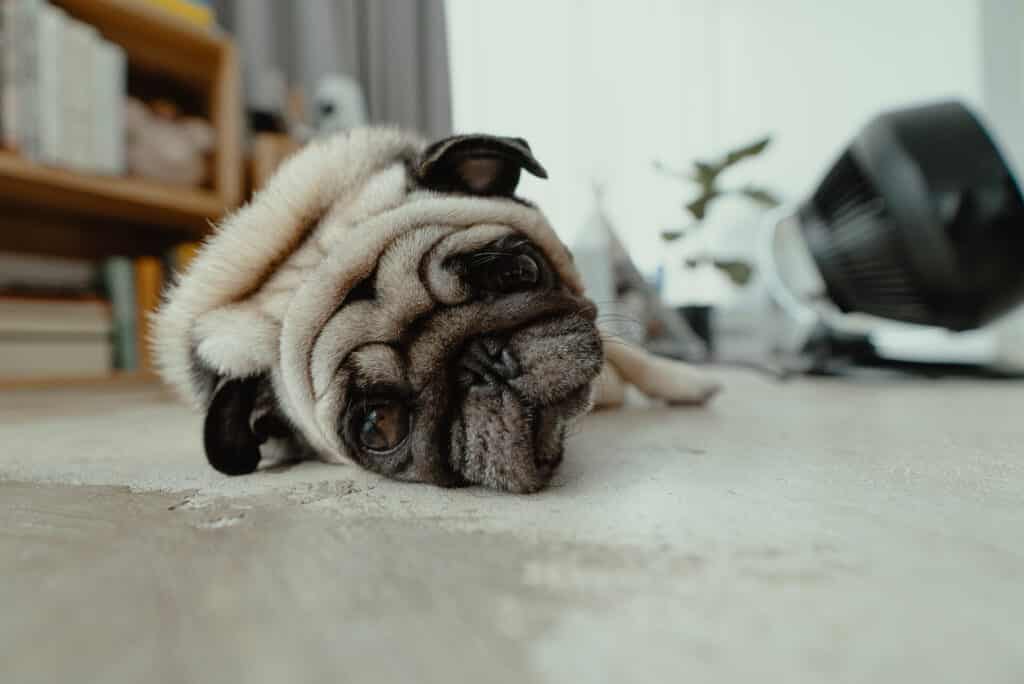
Regardless of the severity, if you notice any changes in your dog's normal bowel habits then it's always best to err on the side of caution and consult a vet right away.
Pancreatic Problems
In some cases, night time diarrhea in dogs may be caused by an underlying pancreatic problem. Pancreatitis is a common digestive disorder in canines and its symptoms include abdominal discomfort, vomiting, soft stools or loose stools.
If your pet has been eating little chicken or table scraps as well as old food which could contain bacteria that irritates the pancreas, this could be causing the night-time diarrhea. In addition to avoiding these foods, it's important to switch from regular food to bland diets like boiled chicken and rice for at least two weeks in order to give their gastrointestinal system a rest.
Other possible causes of acute diarrhea include inflammatory bowel disease (IBD), parasites, allergies and even too much pumpkin pie filling. Mild cases can often be treated with over-the-counter medications such as antidiarrheal drugs and probiotics; however more severe cases should always be addressed by your veterinarian since they will need to do tests to determine the exact cause of the condition before prescribing any treatment plan.
Types Of Treatment For Night time Diarrhea in Dogs
Night time diarrhea in dogs is a serious issue that requires immediate attention and treatment. Left untreated, it can lead to more significant health issues such as dehydration or even organ failure. If your dog has been experiencing frequent bowel movements during the night, there are several possible causes and treatments available for you to consider.
The first step towards finding a cure for night time diarrhea in dogs is understanding what might be causing their digestive upset. The most common cause of diarrhea include allergies, changes in diet, infections from parasites or viruses, or an imbalance of bacteria in the dog’s gut.
Allergic reactions may also occur when switching to a new type of food suddenly or if human medications have been administered without consulting with a veterinarian first. It's important to take every precaution on the side of caution when dealing with any potential medical condition involving your pet.
When it comes to treating night time diarrhea in dogs, there are both traditional medication-based methods and natural remedies available. In either case, it's crucial to speak with your vet before administering anything so they can properly diagnose the underlying cause of your pet's symptoms and decide which type of treatment would best suit them.
Natural Remedies For Night time Diarrhea in Dogs
For owners of dogs suffering from night time diarrhea, natural remedies may offer a good starting point for treatment. While these methods may not address the underlying cause of chronic diarrhea in dogs, they can help reduce symptoms and make them more comfortable while other treatments are being explored.
One option is to add probiotics to your dog’s diet which will support their digestive health by restoring beneficial bacteria to their gut. Additionally, introducing fibre-rich foods like pumpkin or sweet potatoes can also be helpful as it helps firm up stool consistency and ease discomfort during elimination.
It's important to note that some plants can be toxic for pets if ingested so you should avoid giving your dog any herbal supplements without consulting with a veterinarian first.
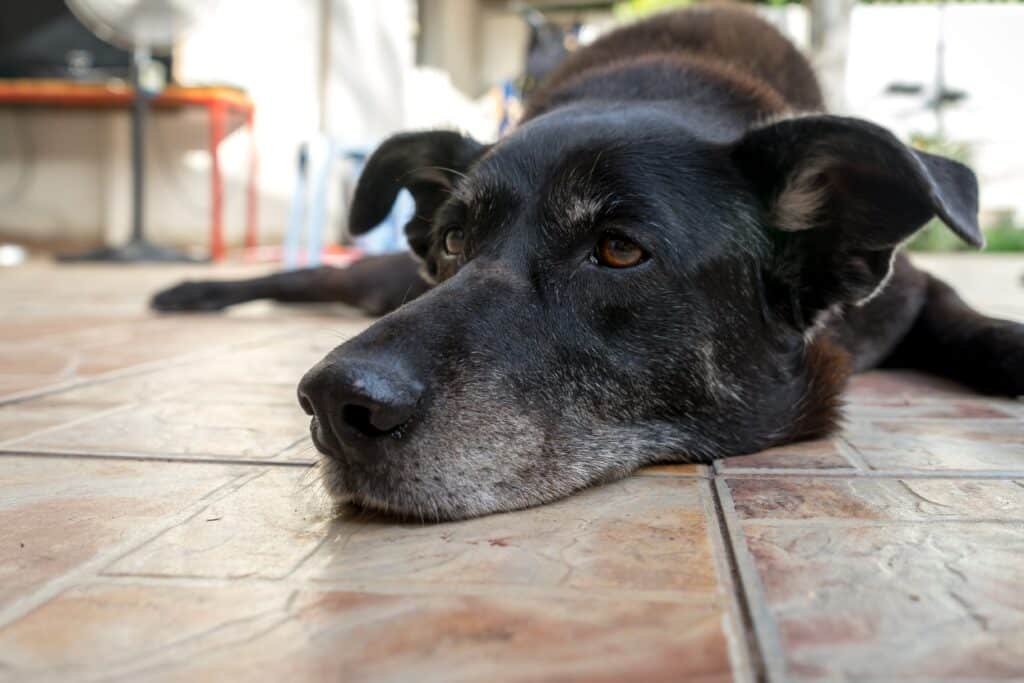
For example, chamomile tea has been used historically as an antispasmodic aid, but its active ingredients could potentially harm smaller animals if given in large doses. In general, try sticking with food sources when providing natural remedies for night time diarrhea in dogs rather than relying on herbal supplements.
When To See a Vet
Although natural remedies can be a great way to reduce symptoms, it's important for pet owners to recognize when it's time to seek medical attention. If your dog experiences frequent bouts of diarrhea at night or the episodes last more than 24 hours, then you should take them to the vet right away as this could signal an underlying health issue that requires further investigation.
Dogs who present with other accompanying signs such as vomiting, fever, lethargy, and/or loss of appetite may also need prompt veterinary care as these are all indicators that something else is going on inside their bodies.
It’s best not to wait too long if you notice any changes in your dog’s behavior and consult with a veterinarian sooner rather than later so they can identify the root cause of the problem and provide treatment accordingly. Your vet will be able to examine your pet thoroughly and develop a plan of action for getting them back to good health quickly.
What Are the Warning Signs Of Night time Diarrhea in Dogs?
Understanding the warning signs of night time diarrhea in dogs is an important part of pet ownership. Noticing early symptoms can help identify underlying health concerns and provide quick treatment for your beloved pup. Dogs may exhibit a variety of signs that indicate they are struggling with this common ailment, including changes in their activity level, eating habits, or physical appearance.
It is essential to be aware of any sudden decrease in appetite or energy levels; if your dog appears sluggish or less active than usual it could be a sign that something is wrong. Unexplained weight loss can also occur due to persistent diarrhea, as well as frequent bouts of vomiting or abdominal pain. Additionally, look out for visible changes such as fur discoloration or thinning, which could point to dehydration caused by long-term liquid losses from continual diarrhea episodes.
In order to keep your canine companion healthy and happy, make sure you’re on the lookout for these tell-tale signs associated with night time diarrhea in dogs. Early detection provides an opportunity for prompt medical attention – ensuring that your furry friend receives the care he needs before any serious problems arise.
How Can I Prevent Night time Diarrhea in My Dog?
Night time diarrhea in dogs can be a difficult and stressful experience for both the dog and its owners. Taking preventative measures is essential to ensure that your pup stays healthy, happy and comfortable during the night.
One of the most important steps you can take to prevent night time diarrhea in your dog is to create a regular diet routine. Feeding your pet at consistent times throughout the day will help keep their digestive system running smoothly. Additionally, it’s important to monitor what they eat and make sure they are not consuming anything unhealthy or toxic on a daily basis. Pay close attention to any changes in their food intake as this could indicate an underlying health issue.
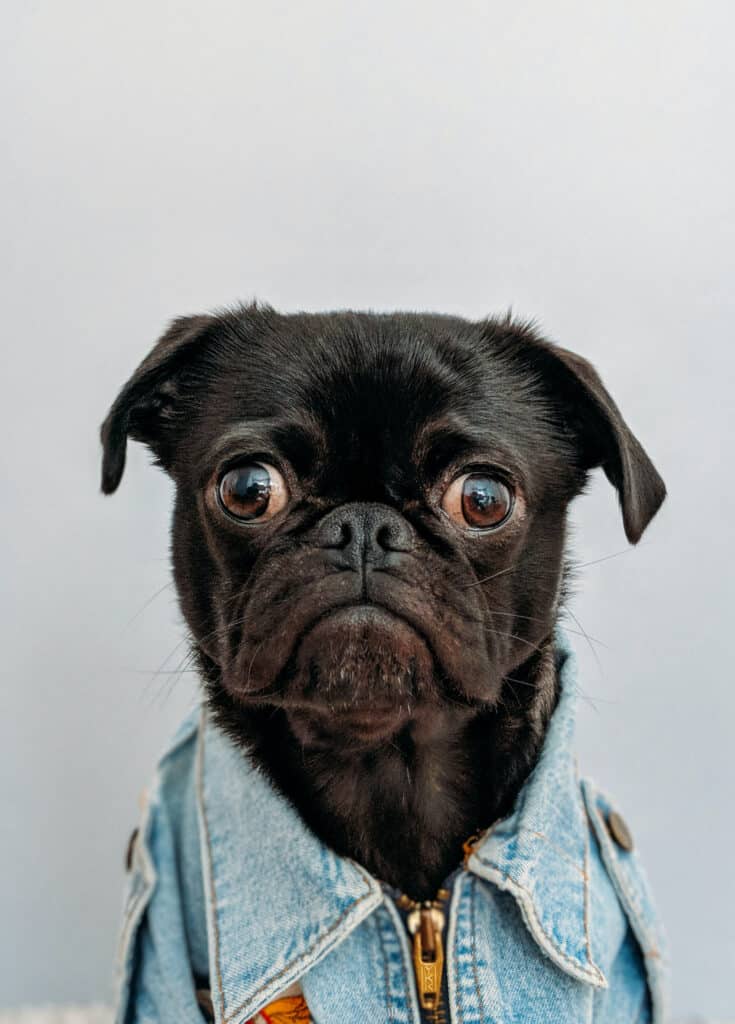
Choosing high quality foods for your dog is also key for maintaining good digestion. It’s best to look for brands that contain natural ingredients with limited additives as these are known to cause stomach issues such as diarrhea in some animals.
Furthermore, if your pup has more sensitive digestive systems, try switching them over to wet food instead of dry kibble – this type of food typically contains more moisture which may provide relief from gastrointestinal discomfort caused by certain ingredients found in dry food options. Finally, adding probiotics into their diet may also help improve overall gut health and reduce symptoms associated with night time diarrhea.
Are There Any Home Remedies I Can Try For My Dog's Night time Diarrhea?
Night time diarrhea in dogs can be a troubling and uncomfortable experience for the pet. It is important to identify potential causes of this condition, as well as evaluate home remedies that may provide relief from symptoms. In terms of prevention, there are several steps an owner can take.
It is recommended to feed your dog on a strict schedule so their digestive system functions as efficiently as possible. Additionally, avoid feeding them just before bedtime or late at night – instead opt for earlier in the day when they have more time to digest food properly. Furthermore, it is important to keep up with regular vet visits and check-ups; any underlying medical conditions should be treated accordingly by a professional veterinarian.
When dealing with night time diarrhea in dogs, owners may explore some natural solutions that could potentially help alleviate symptoms. For example, probiotics offer beneficial bacteria which balance out the gut flora environment in the intestines, promoting healthy digestion and reduce inflammation associated with irritable bowel syndrome (IBS).
Additionally, incorporating fresh foods such as pumpkin into your dog’s diet may assist with normalizing stool consistency while also providing essential vitamins and minerals necessary for overall health and well-being. Ultimately, these methods combined with close monitoring could result in improved digestive performance and less frequent episodes of night time diarrhea in dogs.
How Long Does Night time Diarrhea Typically Last in Dogs?
Night time diarrhea is a common issue faced by many dog owners. When it occurs, it can be extremely distressing for both the pet and its owner. Understanding how long this condition typically lasts in dogs is therefore important to enable effective management of the problem.
Fortunately, research has been conducted into this area that can help to provide some guidance on the duration of night time diarrhea in dogs.
Studies have found that while the average length of time for which night time diarrhea persists may vary from one individual animal to another, it generally tends to last only two or three days at most; after this point, any remaining symptoms should begin to subside as the body’s natural healing processes take effect.
In cases where there are underlying medical conditions causing the night-time diarrhoea – such as infections or parasites – treatments may need to be administered in order for full resolution of symptoms. However, with appropriate care and attention during this period, recovery should follow quickly thereafter.
It is essential for all dog owners who experience issues with their pet's health to consult with a qualified veterinarian in order to obtain an accurate diagnosis and ensure that suitable treatment measures can be taken if necessary. With swift action and appropriate medical advice, canine night time diarrhea will rarely persist beyond a few days – providing reassurance that matters can soon return back to normal once more.
Is There Any Way to Ease My Dog's Discomfort Due To Night time Diarrhea?
Nights of disruption caused by a dog's diarrhea can be distressing, both to the pet and its owner. But there are ways to ease your canine companion's discomfort during such episodes.
Firstly, it is essential that owners identify the source of their pup’s diarrhea in order to treat it effectively. This could be anything from food allergies or sensitivities to stress-related anxiety. If an underlying medical condition is causing the night time diarrhea, then professional veterinary care should be sought for treatment options.
Additionally, if necessary, dietary changes may help reduce symptoms; this includes adding probiotics and fibre-rich foods into your pup’s diet as well as avoiding grains and fillers that can trigger digestive upset. Keeping regular meal times with no snacks between meals can also aid digestion and help manage potential bouts of diarrhea at night.
Providing plenty of clean water throughout the day is also important for maintaining proper hydration levels – dehydration can make symptoms worse. Finally, providing a comfortable environment where your pooch feels secure might assist in preventing any further issues arising due to distress or anxiety which could lead to gastrointestinal problems such as night time diarrhea.
By following these steps you can help ensure that you get some peace of mind while helping keep your furry friend healthy and happy too!
Thoughts
Night time diarrhea in dogs is a common yet troublesome symptom that can lead to further health complications if not addressed promptly. It is important for pet owners to be aware of the warning signs, and take preventative measures to ensure their furry friends remain healthy and safe.
While there are several home remedies available, it is recommended pet owners consult with a veterinarian before attempting any kind of treatment.
The duration of night time diarrhea varies between individual animals, but symptoms typically last anywhere from one day up to several weeks depending on the underlying cause.
In addition, providing proper nutrition and hydration during this time may help ease some discomfort as well as promote faster recovery times. Additionally, maintaining good hygiene practices by regularly cleaning bedding and areas where pets sleep can also reduce risk of infection or spreading bacteria throughout the household.
Overall, although night time diarrhea in dogs can become quite concerning for pet owners, following proper management techniques will allow them to better assist their pup through this uncomfortable period. Not only do these steps provide peace of mind knowing they’re taking all necessary precautions; they also demonstrate an increased quality of life for both canine companions while actively working towards resolution.
